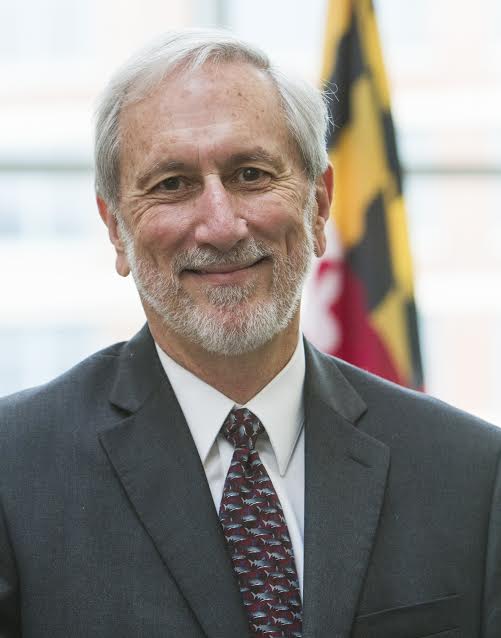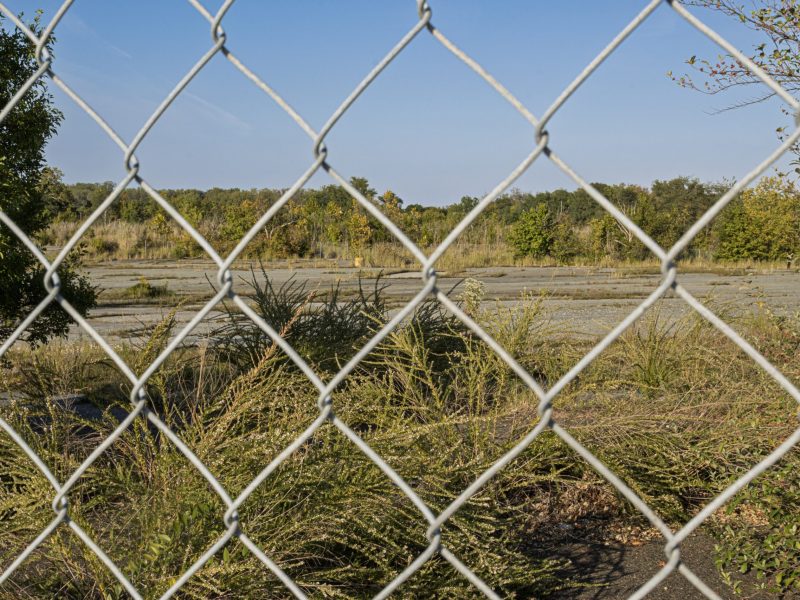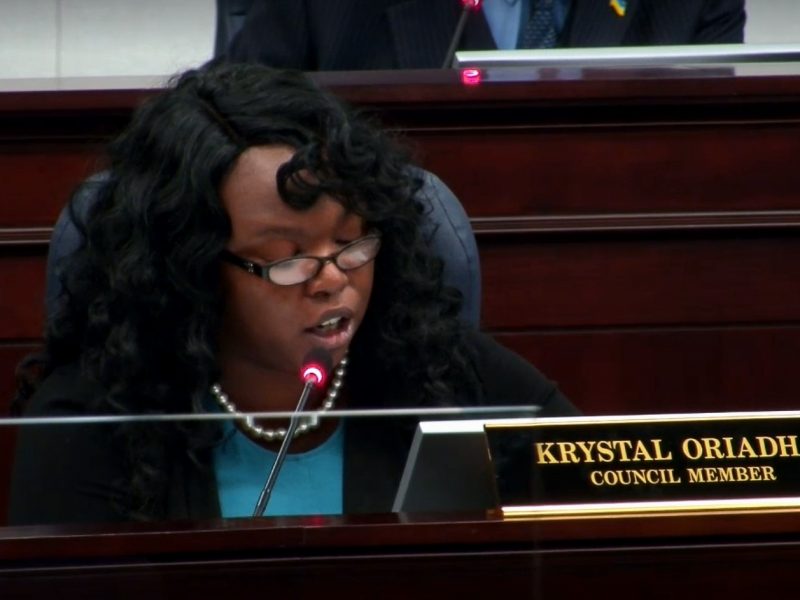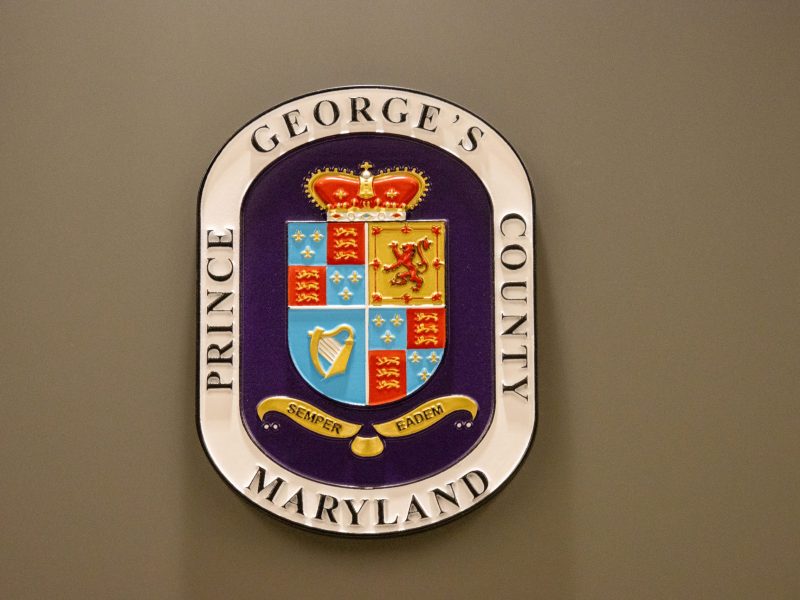As a child, Donald Boesch didn’t have the patience to fish when his father tried to share the sport with him. Instead, he focused on the marine environment and the animals he discovered within it.
“I became more interested in the animals that I could collect rather than fishing,” Boesch said, tracing his early beginnings in the sciences to his Louisiana roots.
Now, after 26 years as the University of Maryland Center for Environmental Science president, Boesch, 70, announced Sept. 20 that he will step down from his position on Aug. 31, 2017.
“Twenty-seven years in service is a very long time, and I think at some point it becomes time to let someone else take over, someone in a younger generation with a longer vision,” Boesch said. “There are some things that I like to do professionally, mainly writing, that I just can’t do while I’m still in this job.”
The University of Maryland Center for Environmental Science, one of 12 institutes belonging to the University System of Maryland, is geared toward studying and preserving the environment. It focuses on the mid-Atlantic region and the Chesapeake Bay watershed, which, according to the Chesapeake Bay Foundation, is struggling with problems such as pollution, habitat degradation and contamination. UMCES consists of the Horn Point Laboratory, the Appalachian Laboratory, the Chesapeake Biological Laboratory, the Institute of Marine and Environmental Technology and the Maryland Sea Grant College — all located across the state of Maryland.
In his time leading UMCES, Boesch has been able to take the center to new heights.
“He’s really built the prestige, the scope, and the programs and its various labs, and I think, therefore, its reputation not only within Maryland,” but around the U.S. and the world, said John Griffin, former secretary of natural resources and chief of staff in the governor’s office.
One of his primary focuses has been climate change assessments, said Victoria Coles, a research associate professor at the Horn Point Laboratory.
“He’s really passionate about climate change and that’s obviously the reason he’s really hands-on,” Coles said. Because all the labs have at least some focus on climate change and the Chesapeake Bay, they all do research within his expertise, so he focuses on them all, she said.
Boesch enjoys working with his colleagues, the center’s proximity to the Chesapeake Bay and government organizations’ support for the center, he said. The small size of the institute is beneficial when working to get grants, he noted, because they are “very efficient” in their competition compared to larger institutions that are more complicated.
“We actually have an advantage … because we’re relatively small, and [a center] that very much sees sponsored research as our bread and butter; it’s our lifeblood,” Boesch said. “We’ve set up an administration to do everything we can to help [get funds].”
As a New Orleans native, coming to Maryland was a big change for Boesch, but its proximity to Washington allowed him to accomplish things on a national level.
“[It] is a small state, but it’s got remarkable diversity, from the Atlantic Ocean to the Chesapeake Bay to the mountains of western Maryland,” he said. “The work that our scientists can do is hands on; in the field, for making measurements, for experimentations, which is hard to do if you’re … far removed from what you’re studying.”
Because Boesch is a “good teacher, a good listener and an excellent communicator who translates complex science into understandable policy choices, the next president has big shoes to fill,” said Ben Grumbles, the state’s secretary of the environment.
“Don has that extra dimension,” Grumbles said. “He’s a natural-born leader; he’s been the Michael Phelps of Chesapeake Bay science.”
One thing that makes him so likable is his sense of humor, Grumbles, Griffin and Coles all emphasized.
“One of his talents is his ability to travel among all kinds of people and relate to them well; working folks and bureaucrats or elected officials,” Griffin said. “He’s got a great blend of right- and left-brain strengths.”
In teaching, Boesch said he tries to bring in aspects from his own experiences.
“It’s a combination of the course based upon the more formal literature on the subject, but also on my own experiences in all parts of the world,” he said.
Boesch graduated from Tulane University in 1967 with a biology degree. He continued his education at the College of William and Mary, where he earned his doctorate in marine science and first experienced the Chesapeake Bay.
In his time at UMCES, Boesch has served on a variety of committees and boards. After the BP oil spill in 2010, President Obama appointed Boesch to the National Commission on the BP Deepwater Horizon Oil Spill and Offshore Drilling. He also served as interim vice chancellor for academic affairs of the University System of Maryland from 2002 to 2003, and became vice chancellor for environmental sustainability, during which he led the University System’s Environmental Sustainability Initiative in 2008.
“He’s done a lot of university-wide service and been on sustainability committees for the whole university system,” Coles said, “and that’s been good for our system because it gives us visibility and shows that he really is committed to finding solutions for climate change issues.”
In addition to positions he’s held, Boesch was awarded Maryland Public Television’s Outdoors Maryland Award for Stewardship of the Environment in 2010.
Boesch was selected because the award represents a “commitment to stewardship of natural resources, and he’s all about that when it comes to the Chesapeake Bay,” said MPT executive producer Mike English. “That’s his main focus.”
UMCES doesn’t have anyone in line to take over Boesch’s position, but it’s a matter of finding qualified candidates interested in the position, Boesch said.
“I don’t want to say that anything is irreplaceable, but I think the closest thing to an irreplaceable leader is Don Boesch,” Griffin said.
Even without Boesch’s leadership, the center will continue to progress in the right direction, Griffin said.
“[He] is leaving UMCES in great shape with a bright future,” Griffin said. “If they can find a clone of [him], that would be great.”



